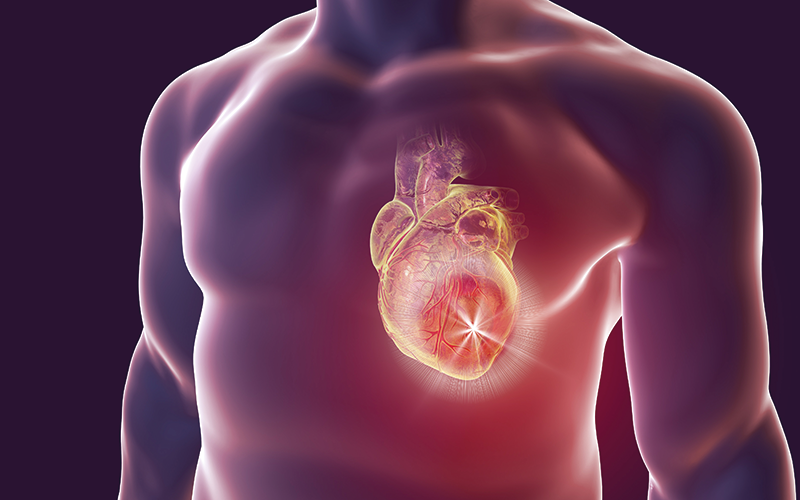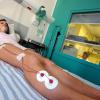Researchers have identified a group of proteins that could be the secret to cellular reprogramming – an approach in regenerative medicine in which scientists transform cells to repair damaged or injured body tissues.

They were able to reprogramme damaged heart cells to repair heart injuries in mice following a heart attack.
They said the findings could one day transform the way we treat a variety of diseases, including cardiovascular disease, Parkinson’s and neuromuscular diseases.
The researchers identified a group of four proteins – named AJSZ – that help solve this problem.
By blocking the activity of these proteins, they were able to reduce scarring on the heart and induce a 50% improvement in overall heart function in mice that have undergone a heart attack.
Image Credit | Shutterstock



